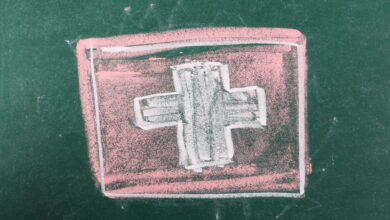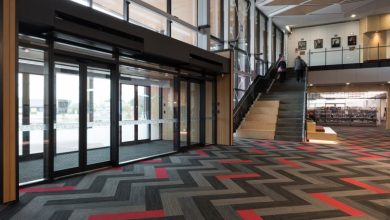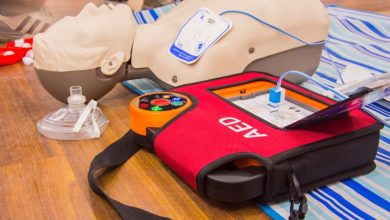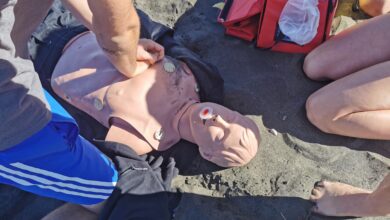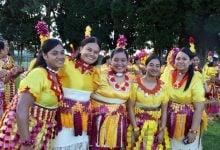Be a SunSmart school
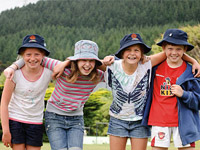
 Term four means it’s ‘hats on’ and time for schools to be SunSmart.
Term four means it’s ‘hats on’ and time for schools to be SunSmart.
With continual sunny weather it is important that students are protected from the sun’s UV rays which cause sunburn and result in skin cancer. New Zealand has the highest rate of melanoma in the world, and a high level of other skin cancers. Too much sun exposure in childhood greatly increases the risk of developing skin cancer later in life. We live in an environment where solar ultra-violet radiation (UVR) can be very high across the country during Terms one and four, so SunSmart behaviour is needed.
Students are in school when UVR levels are at their peak. Schools are uniquely placed to provide a sun safe environment, and educate students about sun protection behaviour which will reduce the risk of skin cancer.
The SunSmart schools programme provides accreditation by the Cancer Society to New Zealand primary and intermediate schools. During the accreditation process schools develop and implement a comprehensive sun protection policy and put SunSmart behaviours and education into practice. This includes:
• wearing a broad-brimmed (7.5cm brim), legionnaire or bucket (6cm brim) hat that protects the face, neck and ears
• providing shaded areas for outdoor play
• encouraging students to wear clothing that protects their skin from the sun (for example tops with sleeves and collars and rash tops when swimming outside)
• holding outdoor activities in areas with plenty of shade whenever possible1
• encouraging the use of SPF 30+ broad spectrum sunscreen on exposed skin
• encouraging all staff to role-model SunSmart behaviour
• teaching students how and why they need to be SunSmart by using Cancer Society curriculum resources.
Being a SunSmart school shows that your school:
• is committed to protecting students, staff and parents from the risks of UVR
• is raising awareness about the importance of skin protection in your community
• promotes your school as one that is committed to the health of its students and wider community
• has a sun protection policy that follows the Cancer Society minimum criteria
• promotes and supports positive sun protection behaviours such as wearing hats with a broad- brim outdoors
• is developing and maintaining a sun-safe environment.
Make a commitment to improving sun safety in your school by joining the SunSmart Schools Accreditation programme. If you would like more information, help applying or want to view a sample policy online, please contact us or visit our website: www.sunsmartschools.co.nz
You can also contact your local Cancer Society centre for help.
You can be SunSmart by following these five simple steps from September to April, especially between 10am to 4pm:
1. Slip – on a shirt with collar and sleeves
2. Slop – on broad spectrum Sun Protection Factor (SPF) 30+ sunscreen
3. Slap – on a hat with a wide brim
4. Wrap – on sun glasses
5. Stay in the shade.
During winter months (terms two and three) sun protection is not usually needed except at high altitudes in highly reflective environments, for example, in snow and/or when skiing.
1. The highest clear-sky UVR levels occur around the middle of the day. The Cancer Society recommends planning trips to venues with adequate shade or providing your own shade (umbrellas or tents).


